The Ayurvedic practice of ‘oil pulling’ has become popular on social media for its oral health benefits. But does it deliver? While proponents praise its potential to reduce plaque and bad breath, sceptics and limited research question its efficacy. Is it then good for your teeth? read more
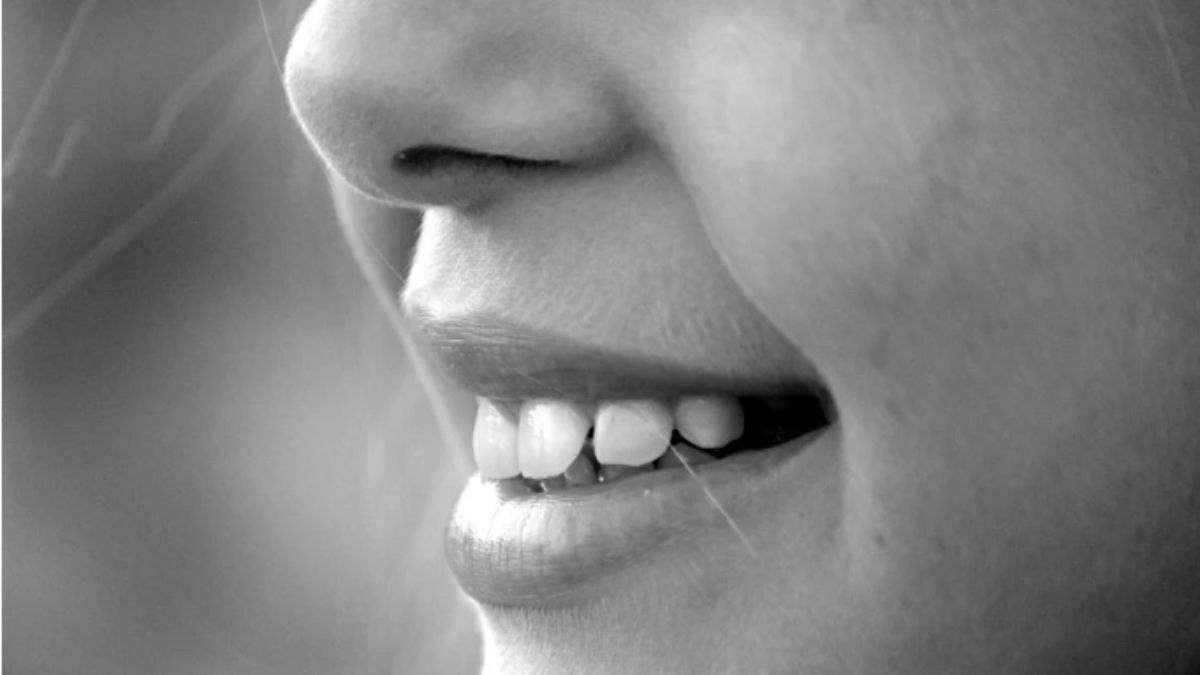)
Oil Pulling has become popular on social media for its oral health benefits. Representative image.
The benefits of Indian Ayurveda on overall health are well known but social media has more recently brought attention to a dental hygiene practice. It is called oiling and medical experts say it keeps oral diseases at bay.
But first… what is oil pulling?
The practice involves a person swishing and swirling one tablespoon of cold-pressed, organic edible oil in the mouth continuously for 10 to 12 minutes before spitting it out and then brushing, Vaidhya Reeta Rudra, a New York-based board-certified alternative medical practitioner with approximately 20 years of experience in Ayurveda told Forbes Health.
The oil helps eliminate fat-soluble toxins from the body and lowers the risk of germ-related dental issues like gingivitis (gum irritation, redness, and bleeding around the base of teeth) and cavities.
Using cold-pressed oil, especially sesame, sunflower, and coconut oils, is recommended because they are manually extracted from nuts and seeds through a pressing technique rather than using solvents, keeping its health benefits such as antioxidants and essential fatty acids like omega-3s intact.
What benefits does oil pulling have?
1. Decrease plaque: A study titled, ‘Effect of coconut oil in plaque related gingivitis’, by researchers Faizal Peedikayil, Prathima Sreenivasan and Arun Narayanan, found a significant decrease in plaque after practicing oil pulling for a week using coconut oil. However, coconut oil does not significantly treat severe gum problems or whiten teeth.
2. Prevent cavities: A study on PubMed that analysed the effect of several cold-pressed oils on oral hygiene of over 70 adolescents found that oil pulling can help reduce the number of bacteria in the mouth, preventing tooth decay, which in turn can help reduce the formation of cavities.
3. Healthier Digestion: It may help better the digestive tract, says Rudra. “Oil pulling is helpful for healthy gums and it improves the taste buds and salivation.” However, no studies have so far confirmed that the practice can positively affect or improve digestion.
4. Help reduce bad breath: Oil pulling may offer relief due to its potential antibacterial properties, and help aid Halitosis, commonly known as bad breath.
A 2017 review in the Journal of Complementary Medicine found oil pulling to be comparable to chlorhexidine, a mouthwash ingredient known for reducing oral bacteria.
5. Assist with migraine: According to a study titled ‘Oil pulling and importance of traditional medicine in oral health maintenance’, the practice creates warmth inside your mouth and can help in managing sinuses, which lead to headaches, migraines, and chronic diseases such as asthma,
Are there any misconceptions?
Matthew J Messina, a consumer adviser spokesperson for the American Dental Association, cautioned against relying solely on oil pulling for oral hygiene, reports The Washington Post. While it may reduce overall mouth bacteria it is not as effective as brushing for plaque removal, he said.
Additionally, Messina emphasised that oil swishing isn’t a substitute for flossing, as it may not reach tight spaces between teeth where gingivitis-causing bacteria thrive. He advised that infections in the mouth should be addressed by a healthcare professional, who may recommend prescription antibiotics for treatment.
While side effects of oil pulling are generally minimal, it’s crucial not to overlook them. Jossen Gastelum, DMD, general and cosmetic dentist told Prevention, an American magazine, that the common side effects include the possibility of swallowing the oil, leading to an upset stomach.
Moreover, some individuals may experience a sore jaw from vigorously swishing the oil for the recommended duration of around 20 minutes.
“I’m open to the practice, but the issue in my opinion is that in order to get the maximum intended benefits, you would have to swish for about 20 minutes continuously,” Gastelum told the publication. “This does not fit into most modern-day patients’ routines.”
So, is oil pulling good for your teeth?
Though a social media trend may have resurrected the ancient practice and it may seem like an effective method that can help with oral hygiene, it is important to note that oil pulling is a prevention, not a cure.
The research on oil pulling lacks sufficient large-scale scientific trials to demonstrate its effectiveness in promoting dental health. The overall evidence of scientific findings remains low.
It is always better to reach out to your health care professional when treating serious oral diseases, rather than opting for home remedies. “You can cause more harm than good by trying to treat things on your own,” said Amelia E Hartzell, a dentist with UTHealth Houston School of Dentistry and UT Dentists in The Washington Post report.
Dr Craig Barney of Kennewick Dentral told Shape, “While [oil pulling] may contribute to improved gum health and fresher breath, viewing it as a supplementary practice, not a substitute for regular oral hygiene, is essential.”
With inputs from agencies

 4 months ago
11
4 months ago
11

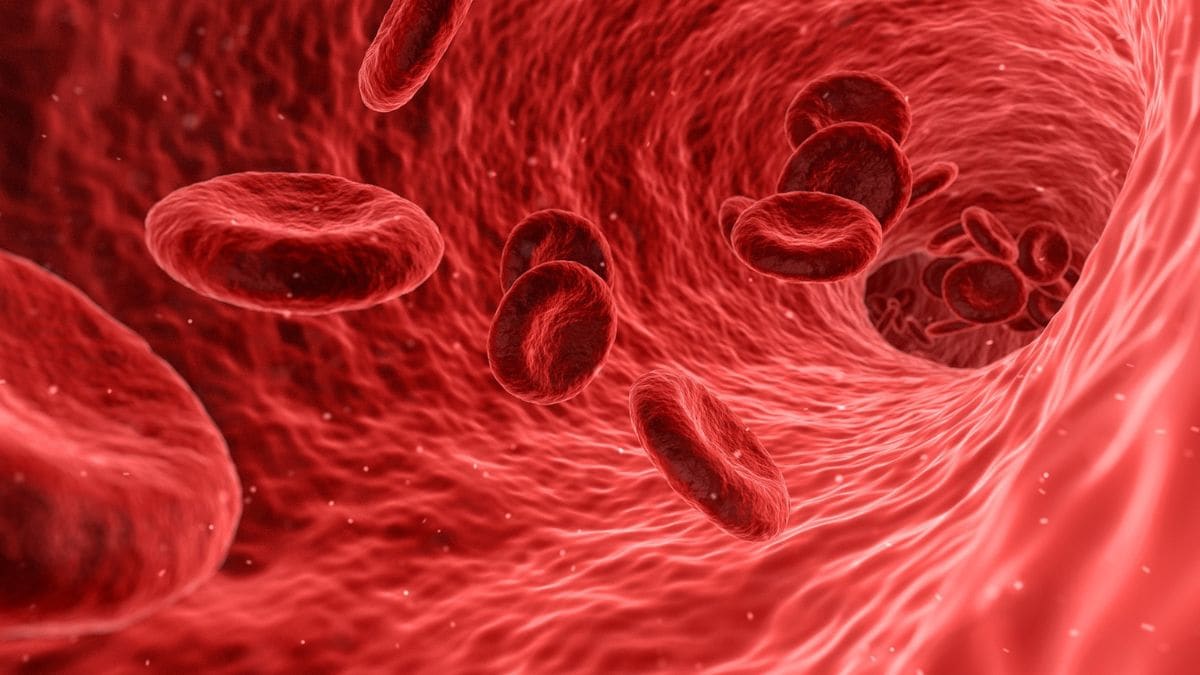

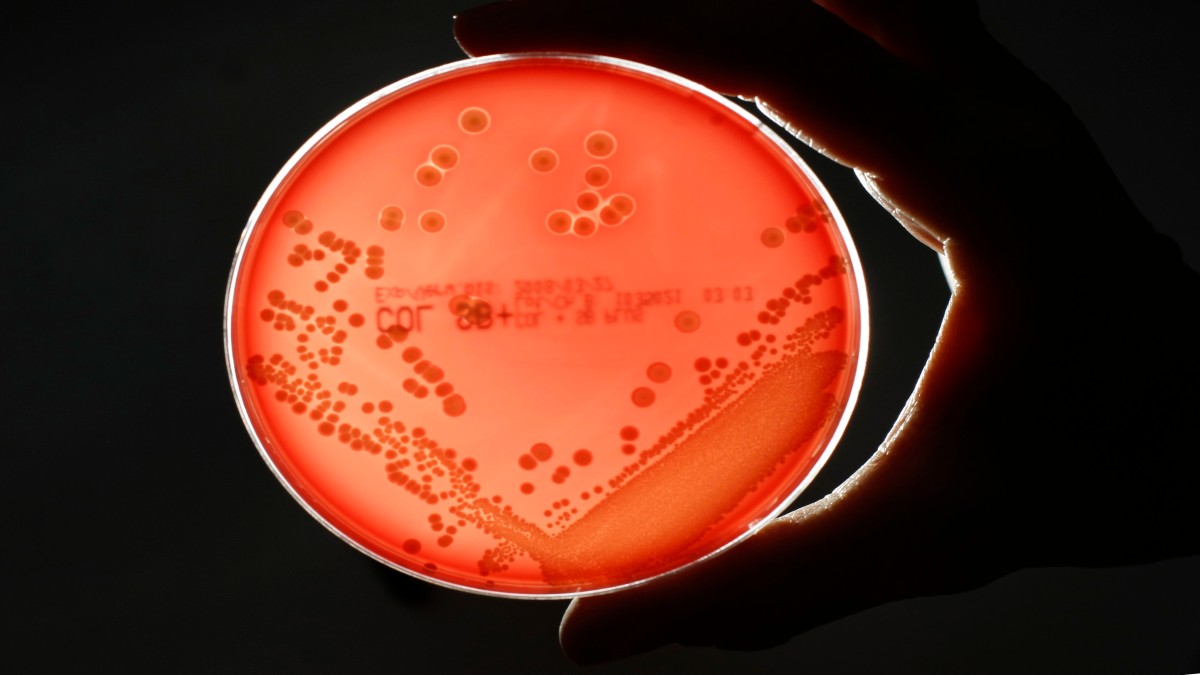


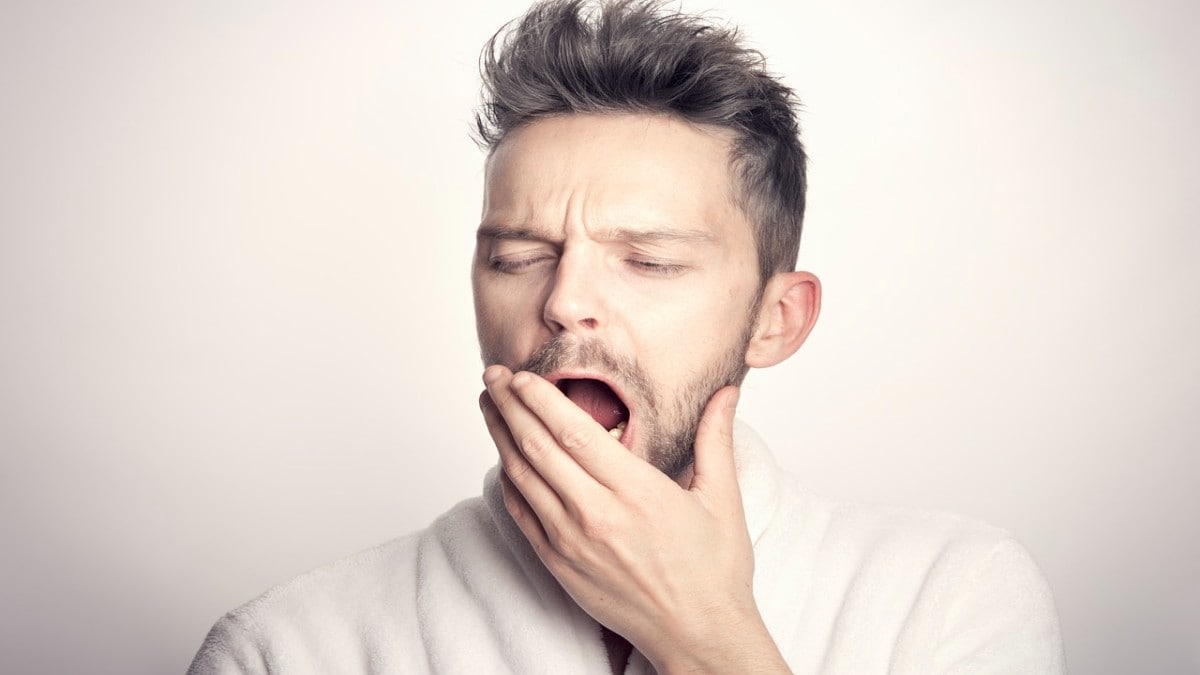
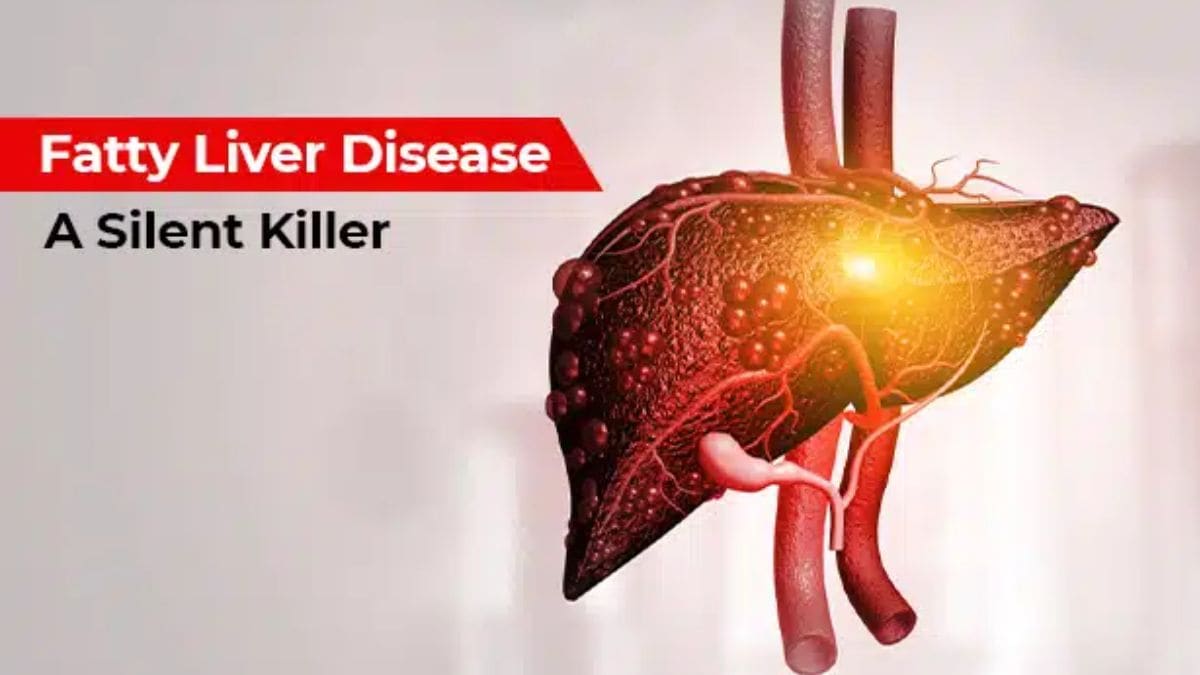
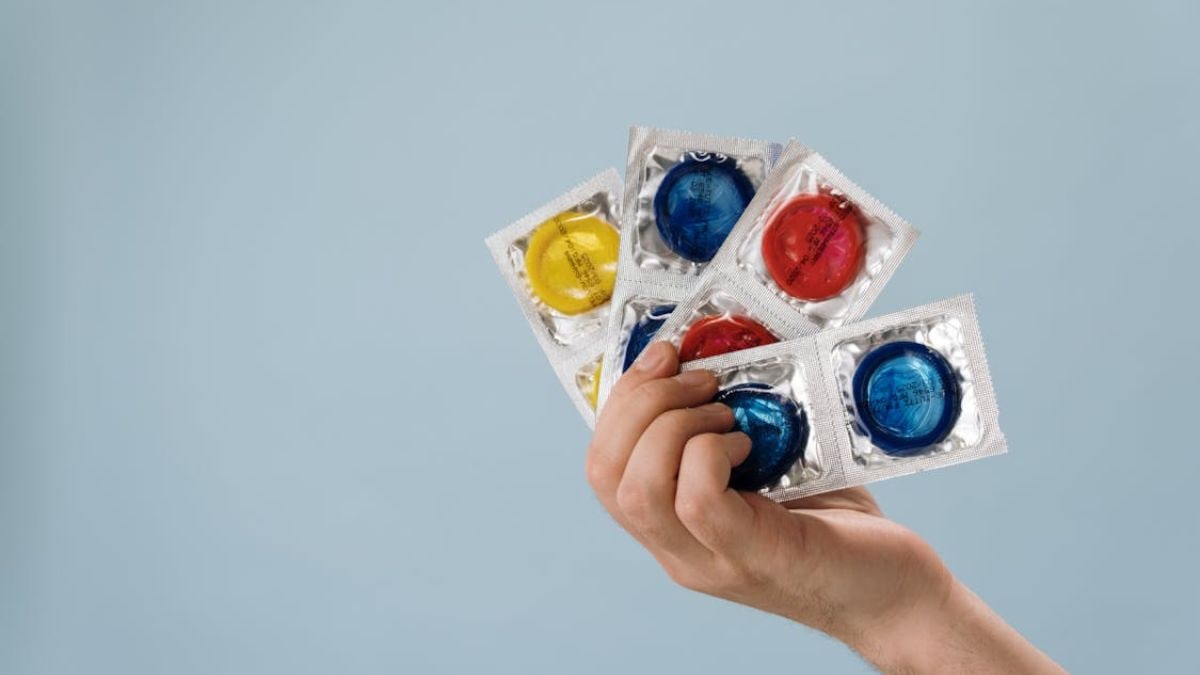
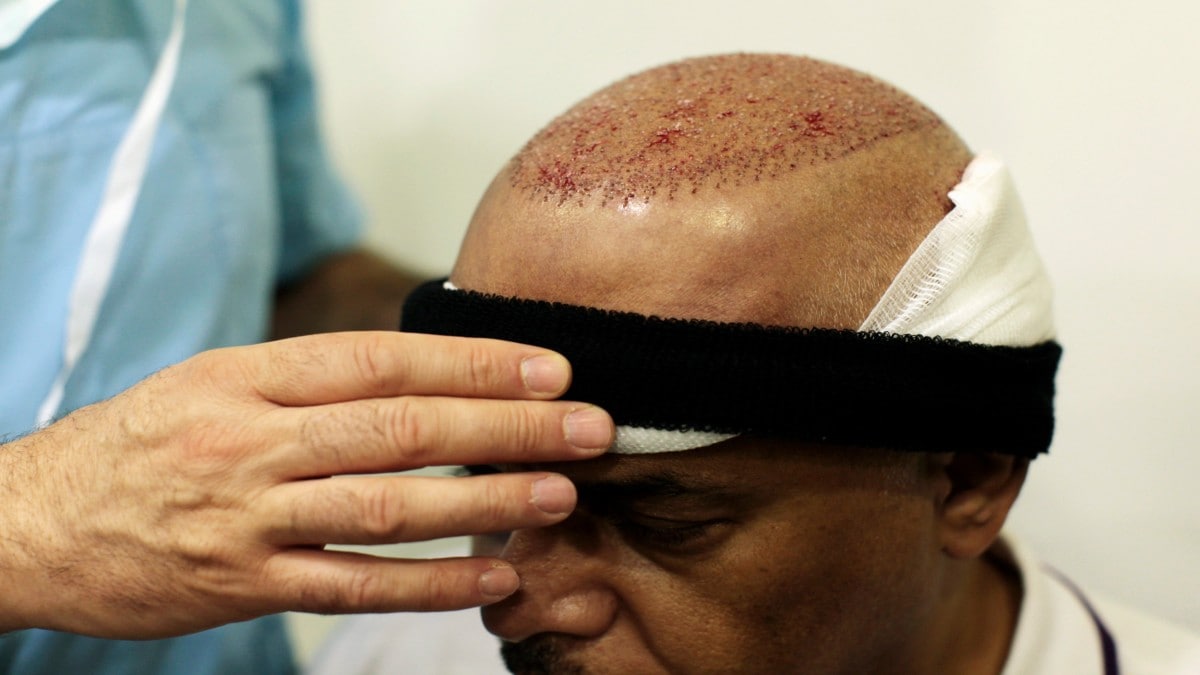


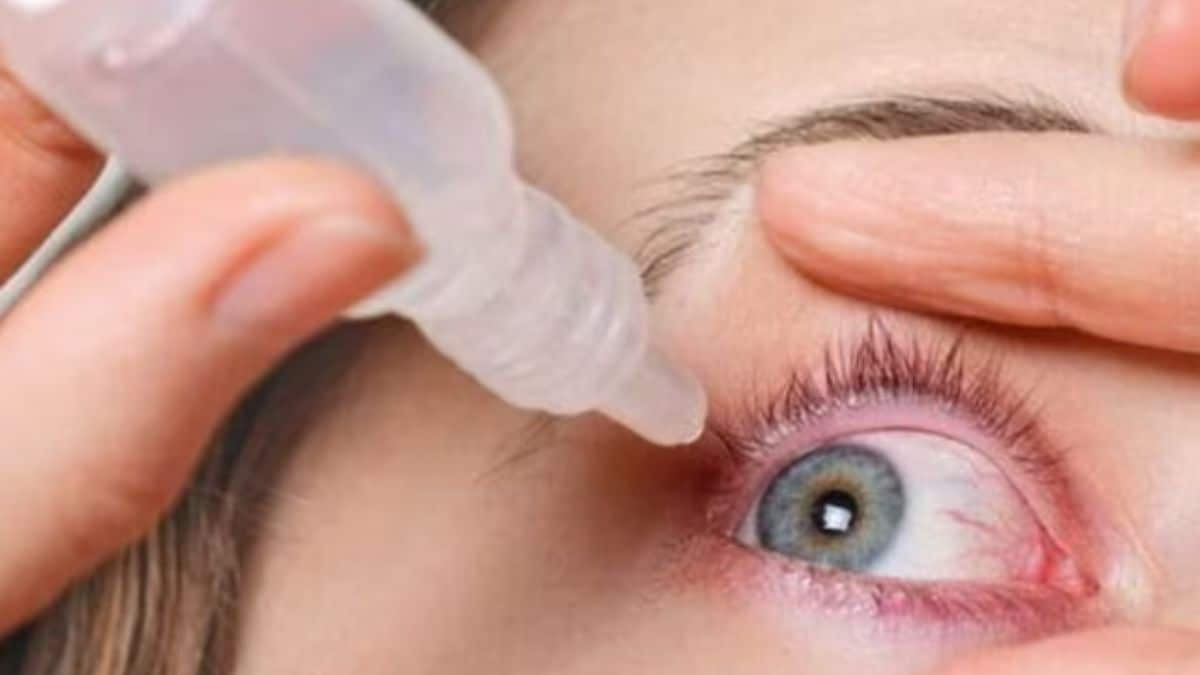





)
)
)
)
)
)
)
 English (US) ·
English (US) ·